---------------------------------------------------------
It’s always a good idea to find out the laws in your town before starting a backyard farm. You don’t want to invest in a chicken coop, barn, or duck pond and get attached to some fuzzy little critters only to have the town hit you with a fine, make you move it, or make you tear everything down and get rid of your birds!
Below I will outline the various poultry rules for the Cape Cod, Massachusetts area. If you don’t live here, following are some tips for researching your own town’s rules regarding chickens:
- Do a Google search – search “chicken laws in XX(town), XX (state)”. With any luck that will bring you exactly where you need to go!
- If that doesn’t work, go to your town’s website. Look for your town’s by-laws. It might say “town by-laws”, “town code”, “general laws”, “ordinances”, something to that effect. Look through the index to see if there are any laws pertaining to livestock, farming, poultry, or animals in general. Keep in mind rooster rules could possibly be hiding in a “noise” section. If poultry aren’t allowed at all or if there are some serious rules it will often be in the general laws section.
- If you see nothing in the general by-laws about livestock, navigate to the Health Department or Board of Health section. Many times they set the rules for hobby farmers. Again, look through the index to see if there any pertinent laws.
- The last place to check if you haven’t found anything yet is with the zoning by-laws. It could be that the only restrictions you have are on where you can locate your coop or compost pile.
- If you still can’t find anything, call or email your town hall. The Town Clerk is a good general contact, but Animal Control or the Health Department would also be a good contact.
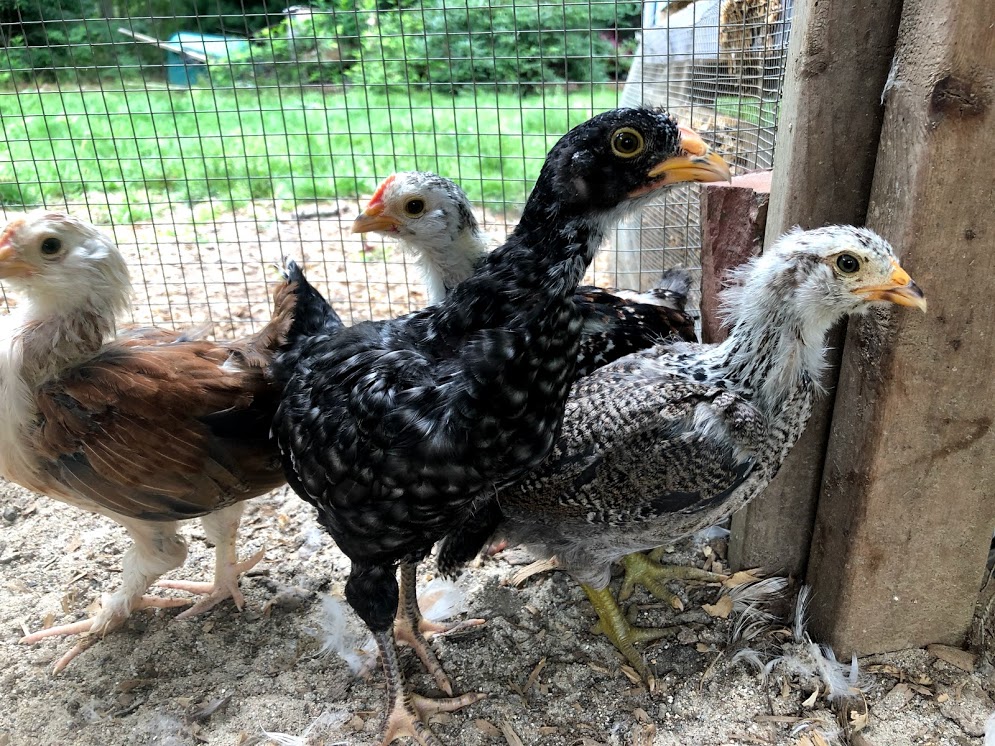
Chickens on Cape Cod
Cape Cod is a mix of 15 suburban/rural towns. The towns of Barnstable, Falmouth, Yarmouth, Sandwich & Bourne have year round populations of 20,000-45,000 (which I would consider suburban). The Outer Cape towns of Eastham, Wellfleet, Truro & Provincetown have just 2,000-3,000 year round residents (much more rural).
But just because these towns have small year round populations, it doesn’t mean there is a lot of wide open spaces for farming. Most Cape towns at least triple their populations during the summer – Truro alone goes from 2,000 people to nearly 20,000. All those people need a place to stay. With generally small lot sizes in most towns it’s not surprising that even the rural towns have rules on chicken keeping and other farming activities.
The good news is every town on Cape Cod does allow you to keep poultry in your backyard to some extent. Most often, they just want you to take good care of your chickens & be a good neighbor. Click here to read my post on being a good farm neighbor in the suburbs
By-laws are always changing so I’ll try to include lots of links for each town so you can verify current laws for yourself. Below are the current laws as of April 2019.
In general, Cape Cod is a pretty supportive place for farming! 5 towns have “Right to Farm” laws, and 8 of the towns have Agricultural Commissions. Below is a map I found on the Massachusetts Agricultural Commissions’ website:

https://www.massagcom.org/AgComs.php
“Right to Farm” can mean a lot of different things to different communities. At it’s core, Right to Farm protects farmers (and usually just commercial farmers), if they follow standard farming procedures, from nuisance lawsuits from neighbors for noise, odor, clutter, etc.
Falmouth, Yarmouth, Dennis, Harwich & Orleans all have the same Right to Farm declaration. In short, it allows: Farming in all its branches and the cultivation and tillage of the soil, aquaculture, dairying, forestry, lumbering, raising of livestock including horses, poultry, swine, cattle, ratites (such as emus, ostriches, and rheas) and camelids (such as llamas and camels), and other domesticated animals for food and other agricultural purposes, including bees and fur-bearing animals. It also states: “The above-described agricultural activities may occur on holidays, weekdays, and weekends by night or day and shall include the attendant incidental noise, odors, dust, and fumes associated with normally accepted agricultural practices. It is hereby determined that whatever impact may be caused to others through the normal practice of agriculture is more than offset by the benefits of farming to the neighborhood, community, and society in general.” I love that last line!
The Right to Farm declarations pretty much all included “the benefits and protections of this By-law are intended to apply exclusively to those commercial agricultural and farming operations”. As a hobby farmer it doesn’t mean if you live in a Right to Farm town you can do whatever your farmy heart desires. But it’s a good sign your town cares about farmer’s rights. Having an Agricultural Commission in your town is another good sign. They represent farmer’s needs in local government. It means you have an ally to support you with local laws and they could help mediate disputes with neighbors.
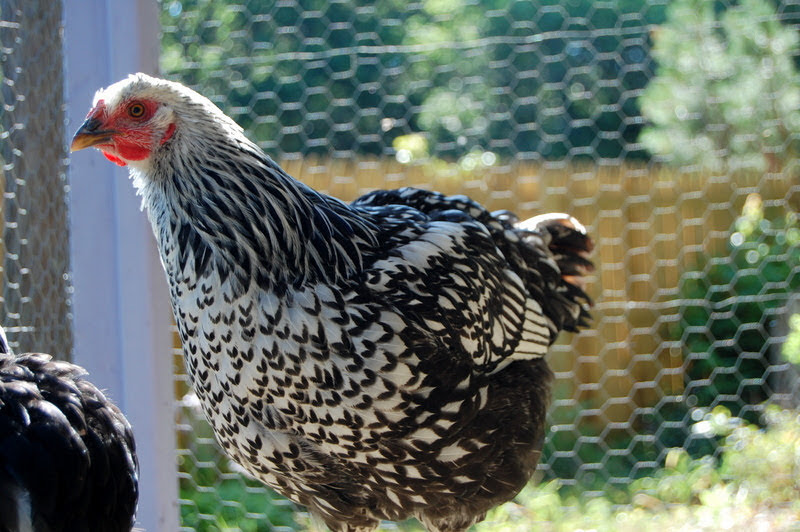
Falmouth – My hometown and the second most populated town on Cape, Falmouth loves its farms! We have lots of local farms of all sizes, several CSA (Community Supported Agriculture) programs, a great seasonal farmer’s market, and it is the home to the Barnstable County Fair in the summer. Falmouth’s AgCom by-law can be viewed here click here to read. Falmouth does have a by-law that anyone keeping animals needs to provide adequate shelter from the elements & predators. click here to read. So basically in Falmouth, as long as you are taking care of all your poultry you can farm away. The only farm permit needed in Falmouth is to keep horses. To read Falmouth’s entire right to farm by-laws click here. *in 2021 the Falmouth Board of Health briefly discussed imposing some major poultry bans. Luckily the residents came out in droves to support local farms and the BOH has decided to table discussions for now.
Bourne – In Bourne you are allowed to keep poultry including chickens, turkeys, ducks, geese, guinea, pheasants and pigeons. Coops, hutches & runs used to house poultry need to be at least 100 feet from your home & your neighbor’s homes. They also must be at least 50 feet from your property line. There are various rules about the design, construction & maintenance of your flock & coop. All of them are good standard practices for keeping away rodents & keeping your flock healthy. Your flock will need to be registered with the town along with a written “manure management plan”. As far as flock size, you are not allowed to keep a rooster unless you have over 2 acres. You are allowed 4 hens per 1/4 acre. If you have under 1/4 acre you may have 2 hens. Poultry are not allowed to free range. To read all of Bourne’s poultry rules click here. You are also allowed to keep pigs, fur bearing animals, horses, cows, mules, donkeys, sheep, llamas, alpaca, and goats in town. You can read the specifics for these animals here.
Sandwich – I had a hard time finding specific information on Sandwich’s by-laws regarding chickens. In the town’s rules & regulations (click here to read) I couldn’t find any poultry rules so I emailed the town. They told me they don’t have any rules regarding keeping chickens, but if roosters become a nuisance it could violate noise ordinance. Basically in Sandwich as long as you are taking care of your chickens & not bothering your neighbors you are free to farm!

Mashpee – *update* Unfortunately in 2020 Mashpee passed some regulations regarding keeping poultry (previously they had no poultry by-laws). Poultry need to be registered & inspected annually with the town. Roosters are not allowed unless you have over 5 acres. There are some regulations on where your coop can be located including not within 25 feet of any house. The run must have a covering. Poultry waste must be kept in a storage container approved by the Board of Health. The Board of Health by laws state the “number of poultry shall comply with the Mashpee Zoning By-Laws”. I looked through the Zoning By-Laws and could find no information on poultry in there, so I am not sure what the intent is there. To read the full poultry by law, click here starting on page 171
Barnstable – The largest and most populated town on the Cape for the most part lets you enjoy farming pursuits. You just have to be a good neighbor. If you have over 5 acres of land, you are considered in agricultural use (or if you have over 2 acres and make at least $1000 per acre annually from your farm). In agricultural use, you are not subject to the following rooster rule. For non agricultural lots you may keep one rooster provided you keep him closed in the coop from 7 PM to 7 AM (to muffle the sounds of crowing). You need to ensure that your rooster does not “at any time annoy another person’s reasonable right to peace or privacy by making loud or continuous noise”. The crowing should not last more than 10 minutes at a time and should not be plainly heard from 150 feet from your property from 7 AM- 7 PM or from 50 feet from 7 PM to 7 AM. But as long as you are not keeping a rooster, there are no other formal regulations on keeping poultry. To read the full by-law, click here
Yarmouth – Yarmouth has several regulations. As long as you play by the town’s rules you can definitely keep chickens & other poultry here but it has some of the most restrictive laws on the Cape. The following by-laws pertain to all poultry in town, such as but not limited to chickens, turkeys, hens, roosters, ducks, geese, guinea fowl, pheasants, quail, pigeons and doves. The coop & run need to be at least 100 feet from your house & your neighbor’s house. It must also be at least 50 feet from the property line. They also have various rules about the design, construction & maintenance of your flock & coop. All good standard practices for keeping away rodents & keeping your flock healthy. In order to keep any poultry you must first be inspected & obtain a license from the Board of Health. Your license will only be granted for a certain number of hens and/or roosters. If you are allowed to keep a rooster, your license can be revoked if any of your neighbors complain about the noise. The license will need to be renewed annually and must be posted conspicuously on the property. You can read the full poultry by laws for Yarmouth by clicking here.
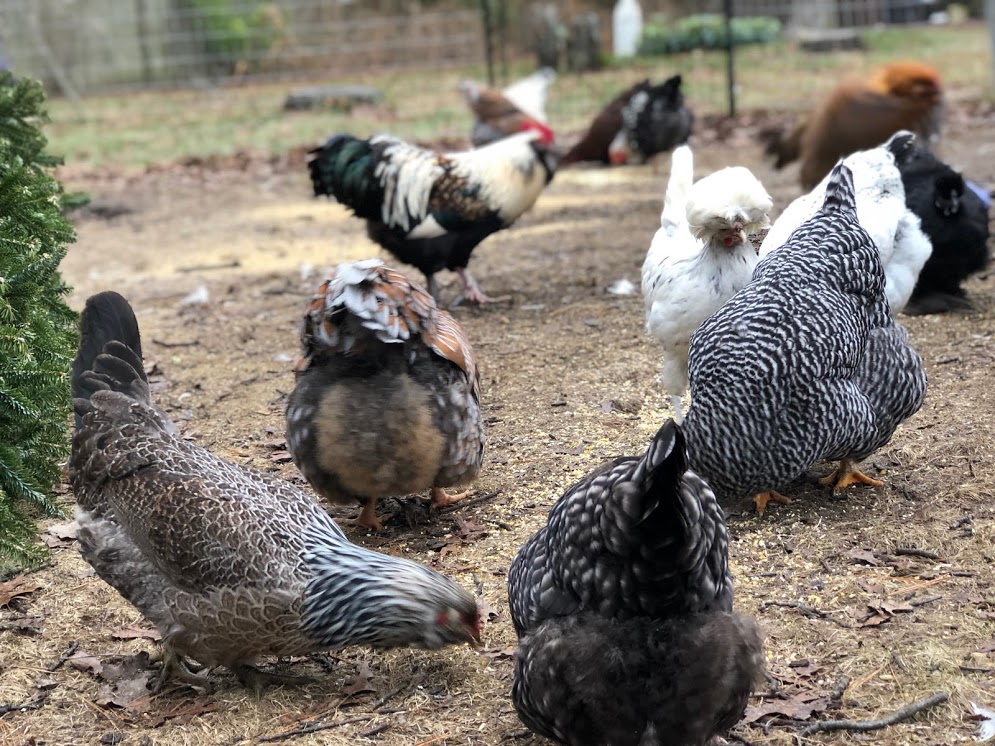
Dennis – Most of Dennis’ Right to Farm by-laws pertain to commercial farms only. You can read the full Dennis by law here. The Dennis’ Health Department has issued several by-laws that pertain to small hobby chicken farmers. Many of them are common sense ways to keep your poultry in a sanitary manner. They have also instituted some flock size regulations. If your lot is under 20,000 square feet (.45 acres) you need to apply for a variance from the town to keep poultry. You also can not keep over 12 adult chickens in a lot that size. You can not keep an adult rooster unless you have over 80,000 square feet (1.83 acres). Your coop must be kept at least 200 feet from many types of public buildings (not including residential homes). Chicken coops must be at least 10 feet from the property line. Other various farm animals are allowed in town but have their own sets of regulations. A permit from the Health Department is necessary for any farm animals (including chickens) and you can expect annual inspections. Click here to read the entire document from the Dennis Department of Health
Harwich – A+ farming town! Harwich is a Right to Farm town (click here to read by law). Again it applies only to “commercial” farms but Harwich seems a very small farm friendly town. The only farming permit needed is to keep horses. I could find no further regulations or restrictions on keeping chickens.
Brewster – Brewster’s Agricultural Commission provides regulations for commercial farming operations. The Department of Health has some guidelines for hobby farmers. Chicken coops & runs should be at least 25 feet from property line. Before keeping poultry you need prior approval from the Department of Health. You will need to apply for an annual livestock permit with the exact number of animals being kept. If you want to keep 10 or fewer hens you do not need a permit (roosters always require one). Click here to read Brewster’s full Animal Regulations document
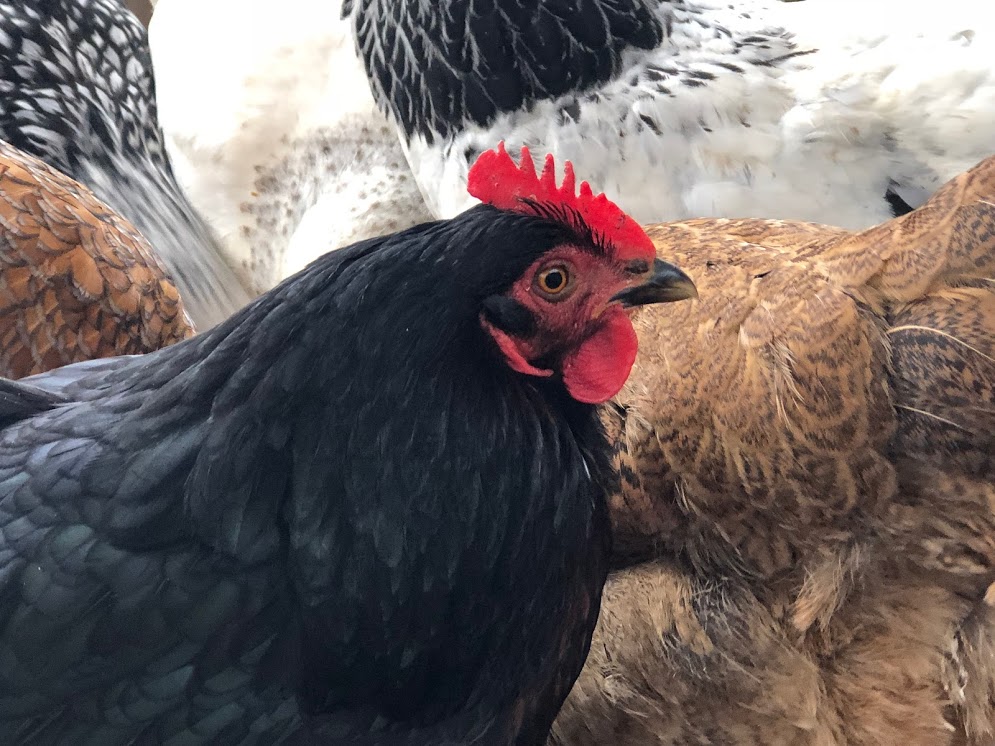
Chatham – No animal shelters are allowed on properties under 40,000 square feet (0.92 acres) unless you apply for a variance with the Board of Health. Chicken coops should be located at least 30 feet from your neighbor’s home and 40 feet from the property line. Prior approval & a permit is required from the Board of Health for keeping livestock (including chickens). Similar to Brewster’s by-law, if you want to keep 10 or fewer hens you do not need a permit, but roosters always require one. Explore the link below for Chatham’s entire Animal Regulations document including types of livestock and requirements for their shelter & care. Chatham Animal Regulations
Orleans – A Right to Farm town that also has an Agricultural Commission. Every Saturday, Orleans is also home to one of the only year round farmer’s markets on Cape Cod. Orleans loves their farmers! Click here to read Orleans’ Right to Farm declaration. OZB Chapter 164 Section 22, Item F states: “No fence or other structure enclosing animals, except house pets, shall be within fifty (50) feet of any lot line.” Orleans has also added the following to their Right to Farm declaration “Notwithstanding anything contained herein to the contrary, nothing in this bylaw shall supersede any existing Town bylaw, zoning bylaw, rule or regulation and all such existing bylaws, rules and regulations shall continue in full force and effect.”
Eastham – There are no poultry specific rules for Eastham residents. They do have a few common sense by-laws for animal owners. “Any person owning, keeping, or otherwise responsible for any animal, whether companion, pet, farm animal or livestock” has to provide adequate shelter from the elements for their animals. Eastham also has an animal noise by-law “No person owning, keeping, or otherwise responsible for a dog or other animal shall allow or permit said animal to annoy another person’s reasonable right to peace or privacy by making loud or continuing noise, where such noise is plainly audible at a distance of 100 feet from the building…..for more than 15 minutes”. You can read Eastham’s animal by-law’s here
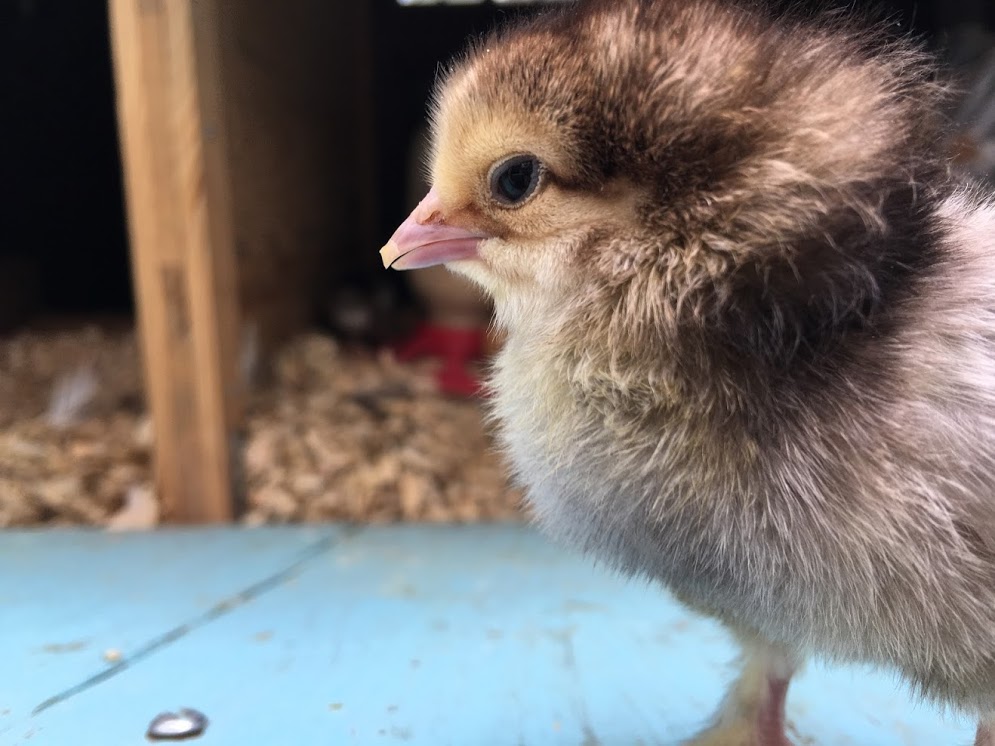
Wellfleet – So much of Wellfleet is part of the Cape Cod National Seashore that it is no surprise that many of their livestock regulations revolve around environmental concerns. The official livestock by-law states “In view of Wellfleet’s intent at remaining a rural town, the keeping of farm animals is allowed when and as permitted by the Board of Health at sites which meet zoning requirements”. The Board of Health does require you get an annual permit & water well test if you want to keep 3 more poultry. In order to keep larger animals (horses, sheep, cattle, pigs, goats, etc) you must have at least 3/4 acre, pass the well water test and have a public hearing where your abutting neighbors are invited. Waterfowl like ducks & geese are not allowed to be kept within 100 feet of any body of water and they must be penned. Click here to read Wellfleet’s Board of Health regulations
Truro – “Animal husbandry” is allowed throughout town on lots over 5 acres with no permits. For under 5 acres, you will need a permit from the Board of Appeals. Truro does have an Agricultural Commission charged with representing the farming & gardening community. Click here to read Truro’s zoning laws
Provincetown – To keep livestock on a farm under 5 acres you need a permit from the Board of Appeals. Beyond that I can find no other by laws regarding keeping backyard poultry. Click here to read Provincetown’s zoning laws
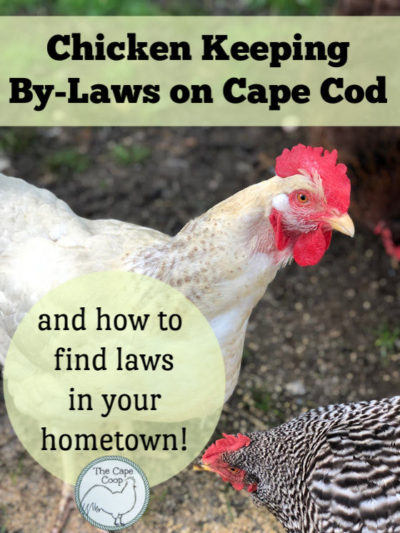
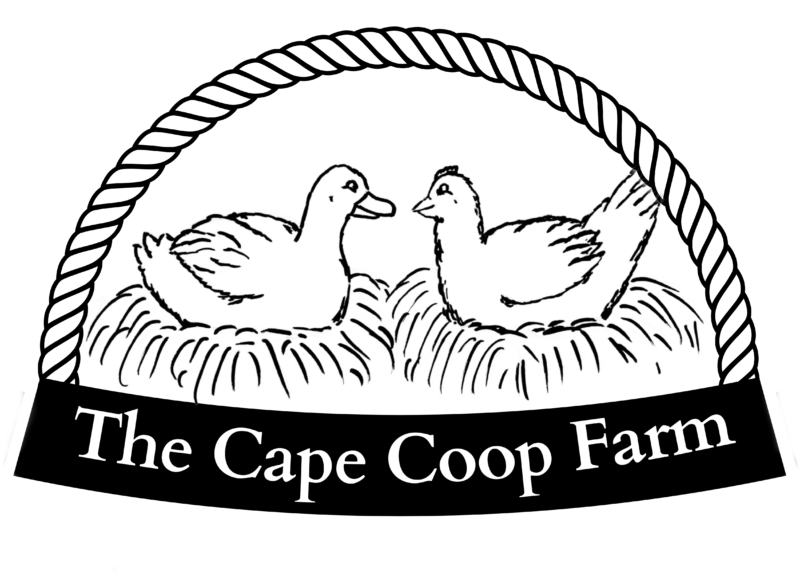
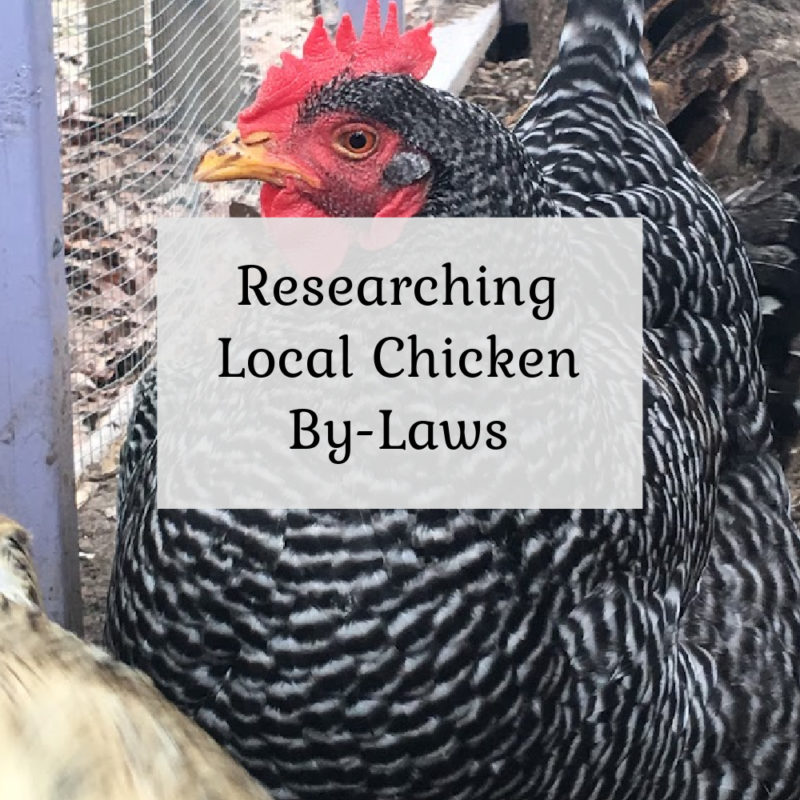



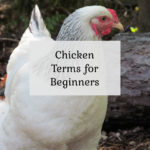
Megan Carney
Wednesday 10th of July 2019
Hi Liz! I would love To see what you have when we get into town! We come every year to the Dennis area but live in Illinois. I have been planning for over a year to get 2-3 chickens and would love to see what you recommend for housing and feeding. We will be in town for 2 weeks starting July 26th.
Liz
Wednesday 10th of July 2019
Hi Megan, why don't you shot me an email - info@thecapecoop.com
Brian
Saturday 13th of April 2019
We lived in Eastham for a while and looked into getting chickens but wanted to make sure everything was legal first. The town says that the coop is considered a shed and a shed requires approval by a board that only meets so often etc.. I think you also had to pay for a building permit and have drawings so it just seemed like too much considering we had a picky neighbor. I can’t remember if I asked about the size of the coop but the person on the phone seemed to respond like she’s been asked about coops before and this was what homeowners needed to know first. Maybe I got the wrong person on the phone but I’d make sure whatever town you’re in the building part isn’t an issue. Love that you put all this together!
MaryK
Tuesday 31st of August 2021
HI Brian, this is a bit late but in Falmouth, any shed larger than a 6x8 needed to be permitted. So we purchased a shed/greenhouse model that was 6x8. They have now changed the permit shed size to anything larger than 8x8. Fits comfortably up to 24 chickens(with several perches) but I generally have ranged from 6-20, with ducks staying on the floor. I use deep layer of hay in the winter time and you can actually feel the heat of the animals on a cold morning as you open up the door. They are comfy. Hope you reconsider getting some chickens...they are wonderful animals to have around your home. A safe, predator night cage and surrounding yard protected allows they to survive to give you eggs for year, and peace of mind when they are out foraging for those bugs and greens. Best of luck
Liz
Saturday 13th of April 2019
Thanks Brian! I hadn’t heard back from Eastham so I appreciate the input, I couldn’t find much online about it.